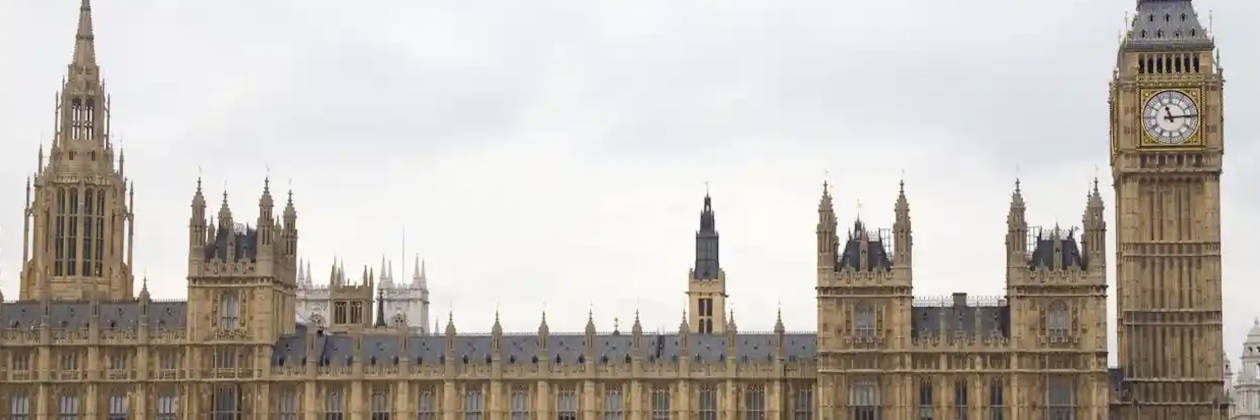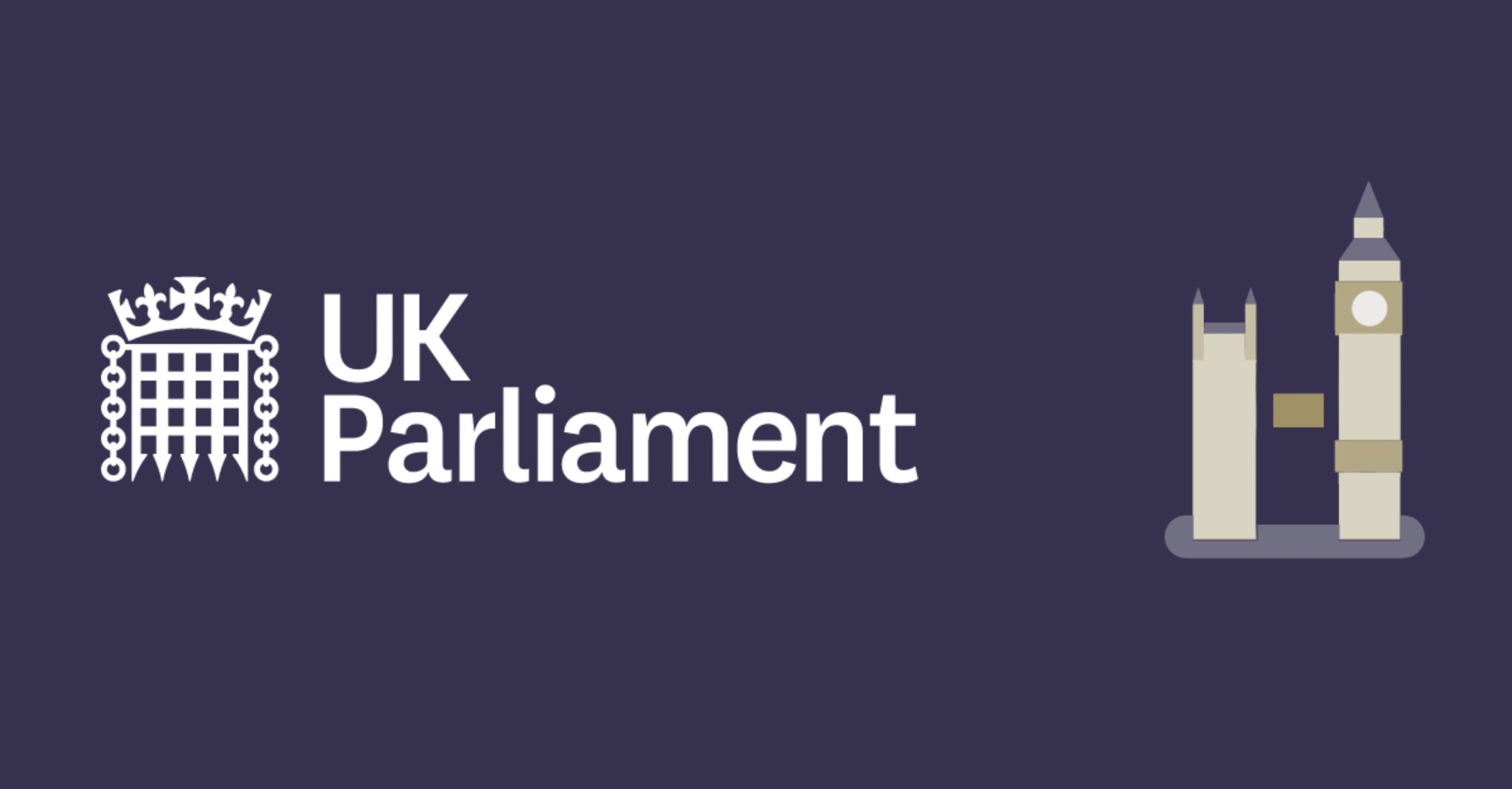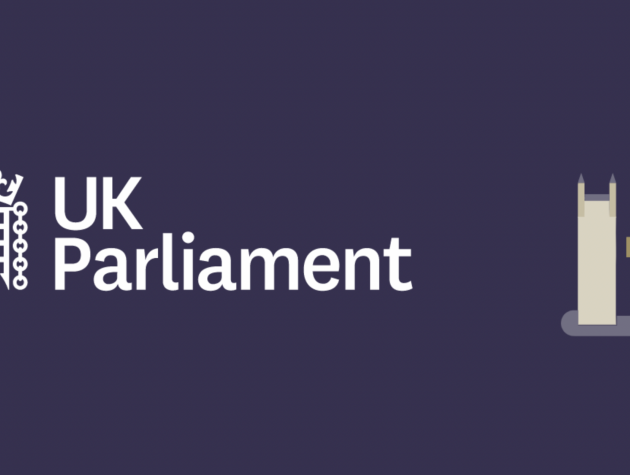Emily Jones et al quoted in UK Parliament Report on Scrutiny of the UK-Australia FTA
The House of Lords International Agreements Committee has recently published a report on the Scrutiny of the UK-Australia free trade agreement, which extensively quoted GEG's Emily Jones, Danilo B. Garrido Alves, Beatriz Kira and Rutendo Tavengerwei. The researchers analysed the treaty as part of their ongoing research on the digital trade provisions of FTAs, and submitted written evidence on the topic to the Committee.
The evidence's main takeaways are as follows:
- The provisions on digital trade are more extensive than previous UK trade agreements and include new or substantially revised provisions, including on digital identities, digital transferable records, e-invoicing, data innovation, paperless trading, and regulatory cooperation, as well as a chapter dedicated to innovation. These provisions draw extensively on the Australia-Singapore Digital Economy Agreement (2020), although in some areas the AUS-UK FTA is less ambitious than the Australia-Singapore DEA, notably on online harms and competition.
- In general, the digital trade commitments aim at ‘binding’ existing practices and increasing cooperation rather than requiring changes to current regulations or policies. Nonetheless, the commitments condition what the UK will be able to do in future and have substantial implications for important areas of UK digital policy that are still evolving, including data protection, online harms, regulation of AI, digital identities, financial regulation, and cyber security. In the area of data regulation, questions remain as to the compatibility of the UK’s commitments with its existing regime for personal data protection. Given that the UK’s data protection regime is based on the EU’s GDPR, it is striking that it has not followed the EU’s path in negotiating more robust protections for its personal data regime.
- Careful analysis and evaluation of the provisions is important for ensuring consistency between the text of the treaty and areas of existing or proposed domestic policy, to ensure that commitments in the FTA strike an appropriate balance between different policy objectives (such as the promotion of AI and data protection), and do not unduly restrict the government’s future ability to regulate fast-moving technologies. As we explain below, in some areas there are concerns that commitments are too narrow and specific to ensure effective policymaking.
- The agreement places substantial emphasis on enhancing government-to-government cooperation in the digital economy, which is important given the rapid evolution of digital technologies and the challenges governments face in developing policy that promotes innovation while also ensuring ethical use of data and new technologies and safeguarding digital rights of citizens.
- The UK has created a Digital Regulation Cooperation Forum to improve coordination across government which brings together the Competition and Markets Authority, Information Commissioner’s Office, the Office of Communications, and the Financial Conduct Authority. It is unclear from public documents the extent to which this Forum has advised on the details of digital trade provisions in the AUS-UK FTA.
- Comparing the final text with the policy positions of key interest groups suggests that the provisions on digital trade generally align with requests articulate by major UK business groups. In some areas the agreement makes modest steps forward in promoting consumer interests and digital rights but does not go as far as consumer and digital rights groups would like. The agreement makes no mention of strengthening gig-economy labour protections, which is striking as more than 4 million people work in the gig economy in the UK and there are widespread concerns about gig economy employment practices. This is an area in which the UK and trading partners could look to innovate in future. Although the government has a specific mechanism for consulting with UK businesses on digital trade - the Trade Advisory Group on telecoms and technology – there is no analogous mechanism for consumer groups, digital rights groups, or labour organisations.







